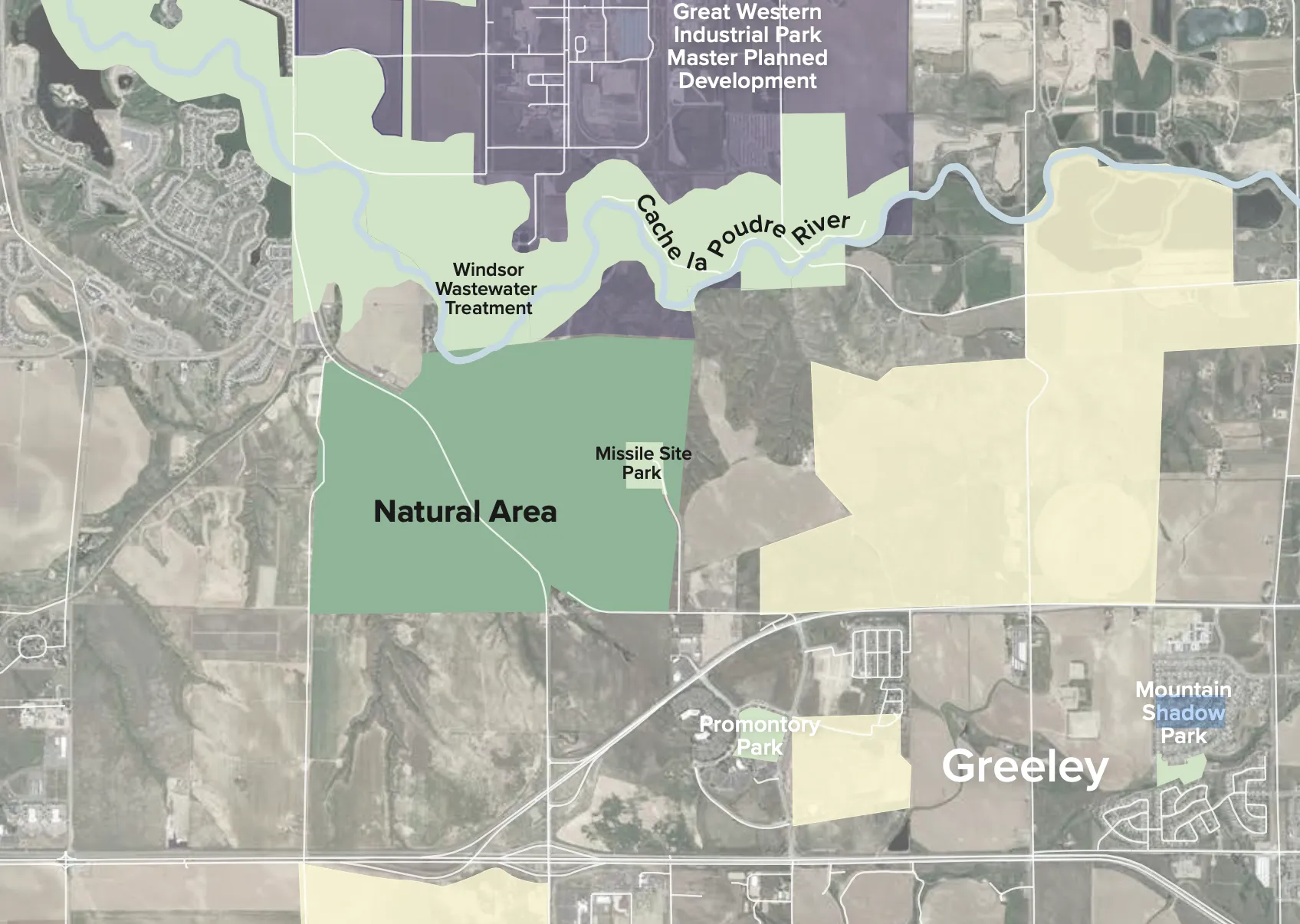Boulder City Council continues discussion on revisions to industrial use table
BOULDER — Boulder City Council members Thursday opted to “measure twice and cut once” when it came to a massive revision to the city’s use table for industrial uses and districts.
Council members voted unanimously to continue until Jan. 19 a hearing on second reading of Ordinance 8556, a massive overhaul of allowed uses in certain zoning districts.
The decision came after input from owners of industrial real estate, as well as their attorneys and other stakeholders who expressed concern about provisions that would limit residential and office uses in industrial zones.
One such stakeholder was former Colorado House Rep. Jonathan Singer,…
THIS ARTICLE IS FOR SUBSCRIBERS ONLY
Continue reading for less than $3 per week!
Get a month of award-winning local business news, trends and insights
Access award-winning content today!





